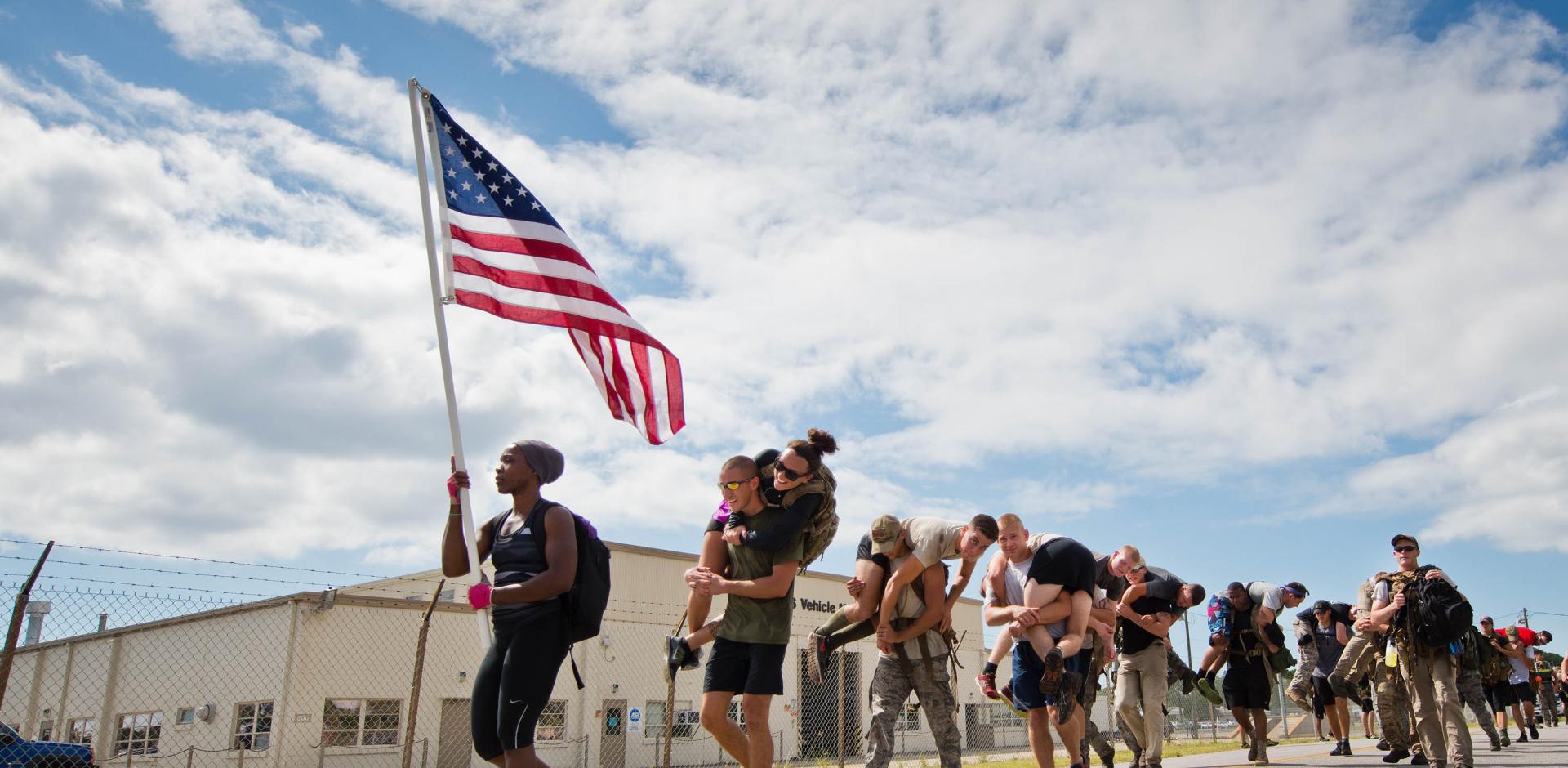
By Peter Kaboli, Acting Executive Director with the Office of Rural Health at the U.S. Department of Veterans Affairs
This is a shortened version of a piece published on VA News.
Each of our nation’s Veterans has a story… and their physical health is only one chapter. That’s why VA pursues a personalized Whole Health approach that addresses the full range of factors impacting Veterans’ health, well-being and overall quality of life.
But for nearly five million Veterans in rural communities, several challenges, such as travel limitations and provider shortages, make it difficult or impossible to access the preventive care crucial for Whole Health.
On National Rural Health Day, learn about Whole Health initiatives developed by VA’s Office of Rural Health (ORH), which enhance rural Veterans’ wellness through stress reduction, nutrition, health coaching, mindfulness and more.
Easing return from service with “Veteran’s Best Friend”
Beginning active duty is a significant adjustment for millions of Veterans and their families. But far fewer expect to struggle with the return home.
Yet more than half of Veterans experience challenges after transitioning into civilian life. This period can be particularly difficult for rural Veterans due to the isolated nature of their communities.
In collaboration with community partners, ORH developed the Rural Veteran Wellness and Community Engagement Initiative. It’s a program that leverages the benefits of community service to help rural Veterans strengthen interpersonal connections, find a renewed sense of purpose, and enhance their overall quality of life. The initiative matches participants with local volunteer opportunities, helping improve mental and physical health.
One such volunteer opportunity is a therapy animal program organized by Tomah VA. This program brings trained therapy animals to medical clinics in the local community such as rehabilitation centers and hospice units.
“The way that I look at it, the dog is a conduit to get the Veteran to start to open up and to talk and to feel comfortable,” said a program volunteer. “You put a dog in between the two of you and all of a sudden, you have something in common.”
Breathing new life into rural communities with TeleYoga
Many Veterans experience challenges with their mental and physical health. While practices such as yoga can improve the mind-body connection, Veterans in rural communities are often unable to attend in-person classes.
TeleYoga helps bridge this gap by providing rural Veterans with virtual access to techniques that have been shown to improve chronic pain, mental health and quality of life.
Veterans discuss their individual goals before attending a virtual orientation to set up technology and activity space in their homes. With travel obstacles removed, rural Veterans are able to attend yoga classes up to four to six times per week.
For many Veterans, yoga’s greatest benefit is its comprehensive approach to improving daily life.
To read the full blog post, visit VA News.

